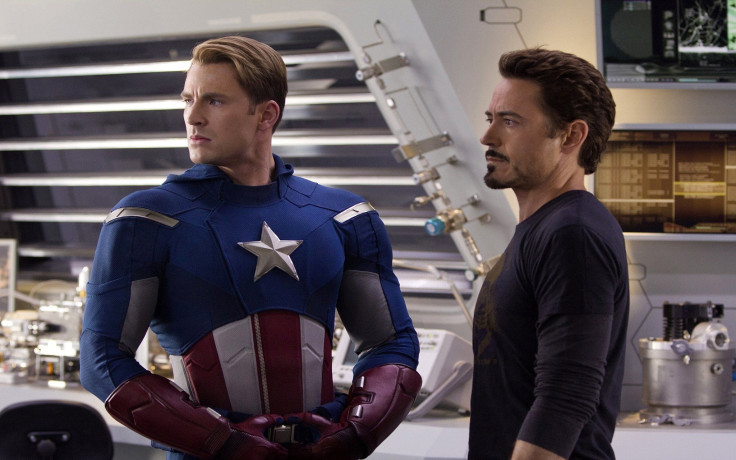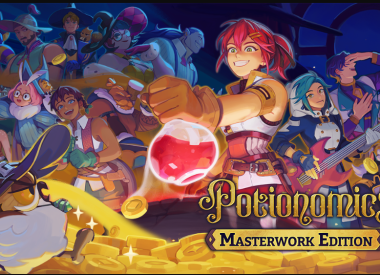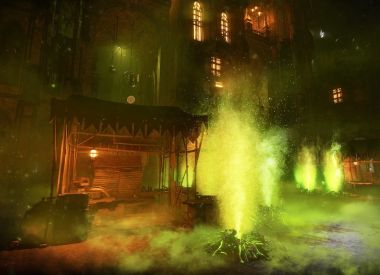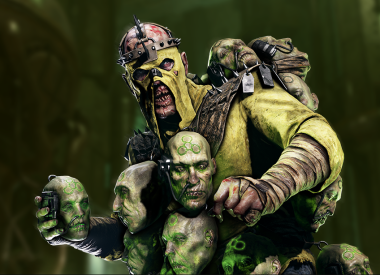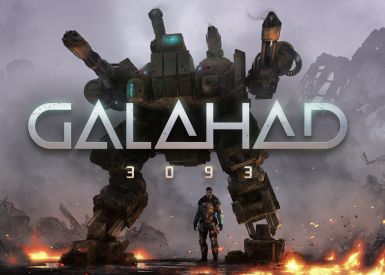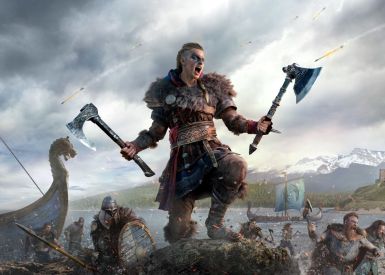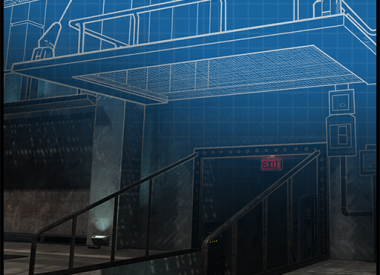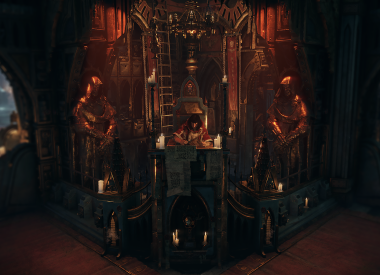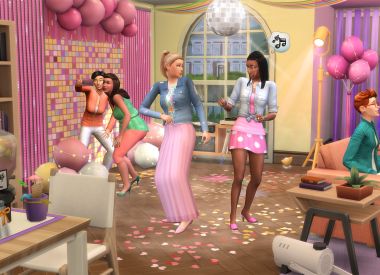It seems as though this year has seen the entirety of my journalism career regress into a series of polemics against innocuous franchise drivel. I don’t hate blockbusters in and of themselves — in fact, they’re probably better now than they have ever been. The problem is the sheer volume of blockbusters and the way they’re training audiences to rebuke all things earnest. It’s a lot of fun to go see an Avengers movie with a packed house, to laugh at all the punctual beats, cheer at the inevitable endings, and point out all the Easter eggs, but somehow the very distinct style and execution authored by Marvel has become so ubiquitous, it’s perverting our expectations at the cinema.
I shared my review of It earlier this week, a thoroughly enjoyable film in its own right, that adhered to a lot of the irreverent hallmarks made famous by the MCU. The need to undercut tension when the vehicle is a light hearted superhero romp makes sense, but when it comes to films about galactic demons that eat children, maybe let the moments breathe a little. The result saw the three separate crowds I saw the film with laughing at things clearly not intended to be humorous on several occasions. More than this was the way the film exercised narrative gymnastics to make its inherently weird source material fit into a cozy familiar three-act structure. Every movie, regardless of the genre, is now framed like a superhero movie, even King Arthur and Ghostbusters.
No one’s to blame here. Movies make less than they used to simply because they cost a hell of a lot more to make. I get it. The middle of the road fare that is the modern blockbuster is an unfortunate byproduct of economics, but audiences are suffering for it too.
The most damning anecdotal evidence that I can present is my viewing of Darren Aronofsky's Mother an avant garde work of surrealism sold as a vacuous thriller flick — not the kind of movie you walk into with gummy bears. Twenty minutes in, you could feel a sense of lurid disappointment pervade the theatre. But worst of all, there was laughter, laughter throughout.
There was no room for tension or suspense. Movies haven’t the resources to be still anymore, the audience saw sober silence like a foreign language. Human stories shouldn’t be restricted to art house theaters. Their presence is important to the industry as a whole. Sadly, this piece is more for me to vent than anything else because there’s no clear solution to this problem. It's systemic, and it's working.
It’s a trend no one seems to have any real aversion to. I’m alone in this regard. However, that doesn’t mean I’m a champion of the often hyperbolized superhero fatigue. I also enjoy what superhero movies are doing lately and I’m excited to see where it goes. Variety is what I want. I want to feel the difference between what kind of movie I see and the filmmaker that made it.
DONE
